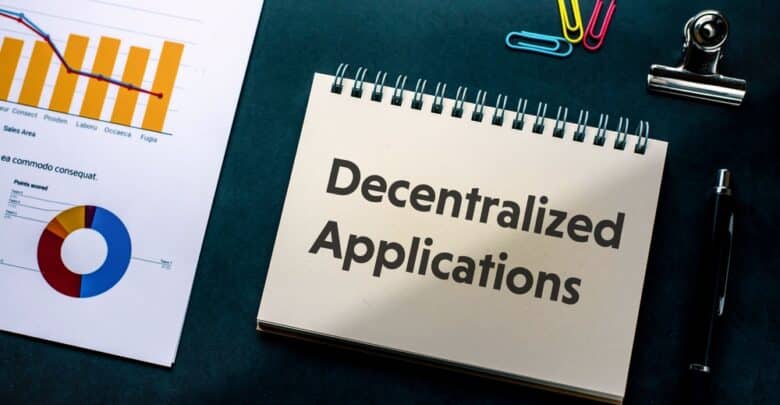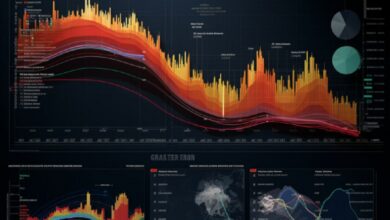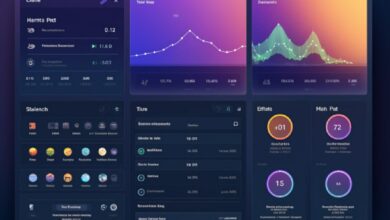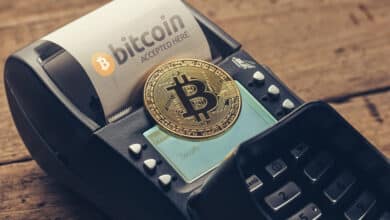What is Polymarket? Exploring the Decentralized Prediction Market

As the United States presidential elections approach, decentralized prediction markets like Polymarket continue to witness massive traffic. Today, media outlets such as Newsweek and the Wall Street Journal use data from these markets to report polls.
Do you want to learn more about decentralized prediction markets? If so, we advise you to read this guide. In the end, you will understand what makes Polymarket stand out from the rest.
Defining Prediction Markets
While prediction markets may appear to be a new concept, that isn’t the case, as they have been in existence since the 17th century. Such markets allow people to bet on possible outcomes of future events, including elections, sporting events, and legal cases, among others.
The concept for prediction markets is simple: if you predict accurately, you win cash, and if your prediction is inaccurate, you lose your bid amount. Moreover, the mechanism applied is straightforward: the value of a single share in prediction markets ranges between $0.00 and $1. That value represents the percentage chance of an odd. For instance, if the value of a share for a particular US presidential candidate is 68 cents, then the percentage chance of winning for that candidate is 68%. People who want to place bets on the outcomes of the upcoming US elections must buy shares of their favorite candidates. Once the election winner is announced, the market will be closed, and the share value of the winning candidate will shoot to $1.
Types of Prediction Markets
Various types of prediction markets exist. The most popular include:
1. Binary Markets – Such markets offer users two options: yes or no. An example of a binary market is “Will it rain on Saturday?”
2. Catergorial Markets – These markets provide users with multiple options. For example, “Who will become the next US president?”
3. Scalar Markets – A scalar market requires users to bet on whether something will be lower or higher than a particular bound in the future. For instance, “Will the American population be lower or higher than 330 million in the next national census?”
It is worth pointing out that after placing a bet on a prediction market, you are allowed to sell your shares whenever you want since no lock period is implemented. For instance, in the case of the US presidential elections, you can purchase the shares of your favorite candidate now if you believe they will crush their opponent in the upcoming debate. The value of the shares could rise significantly if you are correct. As such, you do not have to wait for the final election results to cash out. Instead, you can sell your shares after the debate.
Exploring Polymarket
So, how does Polymarket, undoubtedly the most popular decentralized prediction market, work? Running on Ethereum and Polygon, Polymarket lets anyone create a market for other users to speculate on. That means you, our reader, could create a market today for “whether or not Tokenhell will receive more traffic in August than in July.”
But how do markets created on Polymarket obtain liquidity? Like any other decentralized prediction market, Polymarket provides liquidity using Automated Market Markers (AMMs). Anyone can become a liquidity provider on the platform in exchange for a portion of the generated revenue from trading fees.
Proponents of decentralized prediction markets argue that these platforms have more liquidity than centralized ones since they pool funds from various sources.
To resolve a market, Polymarket utilizes UMA, a decentralized oracle that permits any user to submit proof of a particular outcome for others to challenge or approve it.
Regulatory Challenges Faced by Polymarkets
Polymarket exited the American market in 2022 following a regulatory battle with the US Commodity Futures Trading Commission, which claimed that the platform offered an unregistered product. To settle the charges, Polymarket was ordered to pay $1.4 million in penalties.
Conclusion
Despite the regulatory challenges that decentralized prediction markets face, they have proven to be better than their centralized counterparts as they allow anyone across the globe to create and bet on markets.
Tokenhell produces content exposure for over 5,000 crypto companies and you can be one of them too! Contact at [email protected] if you have any questions. Cryptocurrencies are highly volatile, conduct your own research before making any investment decisions. Some of the posts on this website are guest posts or paid posts that are not written by Tokenhell authors (namely Crypto Cable , Sponsored Articles and Press Release content) and the views expressed in these types of posts do not reflect the views of this website. CreditInsightHubs is not responsible for the content, accuracy, quality, advertising, products or any other content or banners (ad space) posted on the site. Read full terms and conditions / disclaimer.





